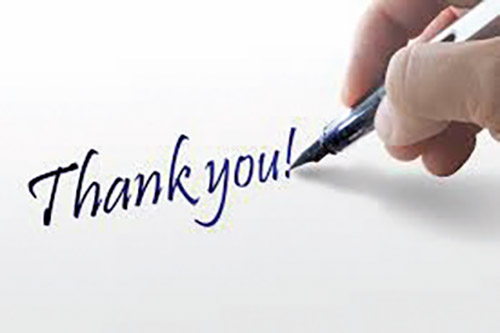
To my music professor,
I recall, many years ago, when I first told anyone that I was struggling with an eating disorder. I was in college at the time and 10 days prior, I had finally understood that I needed support. It was after watching the film “Hungry to be Heard” that I admitted to myself and to my parents that I had a problem and needed help.
We pursued treatment options just a few days later and I discovered that I would need to withdraw from my spring semester—the semester I had started only that week—to begin my journey toward recovery, a journey about which I was ambivalent. I had been enrolled in that spring semester and on a Monday, if I remember correctly, I told each of my professors that I would need to withdraw for the semester.
I had been quiet at that time, my brain overpowered by my eating disorder voice and my depression. My approach with each professor was timid and uncomfortable. I remember telling my sociology professor and her responding by asking if I would mind telling her what was going on. She had also been my professor the semester before and I respected her. I kept it vague at the onset, letting her know that I was taking a semester off for health reasons. When she prompted for more I practiced sharing.
“I was recently diagnosed with an eating disorder, so I’m going to a treatment center.” She was supportive in her feedback, though she did comment on how she was grateful that “it wasn’t cancer.” She didn’t make me feel inferior, but looking back I wish that she hadn’t said that part. That she hadn’t shared that she was grateful it was “just an eating disorder” as this gave me the message that it was “just” something when in reality it was all consuming and threatened my emotional and physical health.
I then went on to tell my other professors. To be honest, I don’t really remember much. That is, besides the feedback from you, my music professor. I adored the music class I had started. Though I only attended two sessions before needing to leave for treatment, I was determined to take it again when I came back, if possible. I waited for you after class and again stated that I needed to withdraw for medical reasons. You didn’t prompt me further, only told me that if there was any way you could help I should let you know and that you were wishing me your best.
I returned the following Fall semester after my months in various treatment centers/levels of care. I didn’t feel nearly ready enough; my parents continued to monitor my meals, Skyping with me each time I ate. My motivation was still shaky and I felt lonely and somewhat hopeless.
I re-enrolled in your music class. At the end of the first class, just as I was leaving, you approached me. We were in an auditorium in the Music Building; there must have been at least 50 of us in there. I know that you taught numerous courses, not only at my school, but at others as well. You singled me out and asked, “How are you?”
I remember feeling stunned and speechless and so very seen. Seen in a way that I rarely felt in my eating disorder. Seen as someone who needed support, but without a look of pity or judgment. I told you that I was “so-so” and appreciated your asking. I went on to take the course and as proven by this piece, never forget how much it meant to me that someone, a stranger, an authority figure, remembered me and bothered to ask how I was doing.
The years went on and we remained in touch. I invited you and your wife to my wedding and you attended and brought me so much joy by simply being there. You see, it is these moments, the moments of feeling support, that help so much in the recovery process. I have a small collection of moments like this with people who either knew me inside and out or who barely knew my name, and the efforts they made for me to know that I was not alone in my suffering. That if I needed anything I could ask.
We never know just how much these moments can contribute to someone else paying it forward and doing the same. Or perhaps simply add a spark of much-needed hope during a dark time. I encourage the readers of my articles, as caring human beings in the world, to practice doing so, as well. Whether it be holding the door for a stranger, saying “thank you” with a smile to the cashier, or letting someone in recovery/struggling know that you see them—begin to make a difference in someone’s life by providing care through seemingly small opportunities.
Professor, you are one of the people who made an impact on my recovery, who showed me that perhaps people were not all bad during a time that I felt betrayed by some hurtful people in my life. So thank you, Professor, for giving me hope and care. I hope beyond hope to do the same for others.
In gratitude,
Temimah
By Temimah Zucker, LMSW
Temimah Zucker, LMSW, works as lead therapist at Monte Nido Manhattan and in private practice with individuals and groups. Temimah is passionate about writing and speaking to spread awareness and advocacy, especially within the Jewish community. She currently leads a group for Jewish women under Attune Therapy. For inquiries, please email [email protected].













